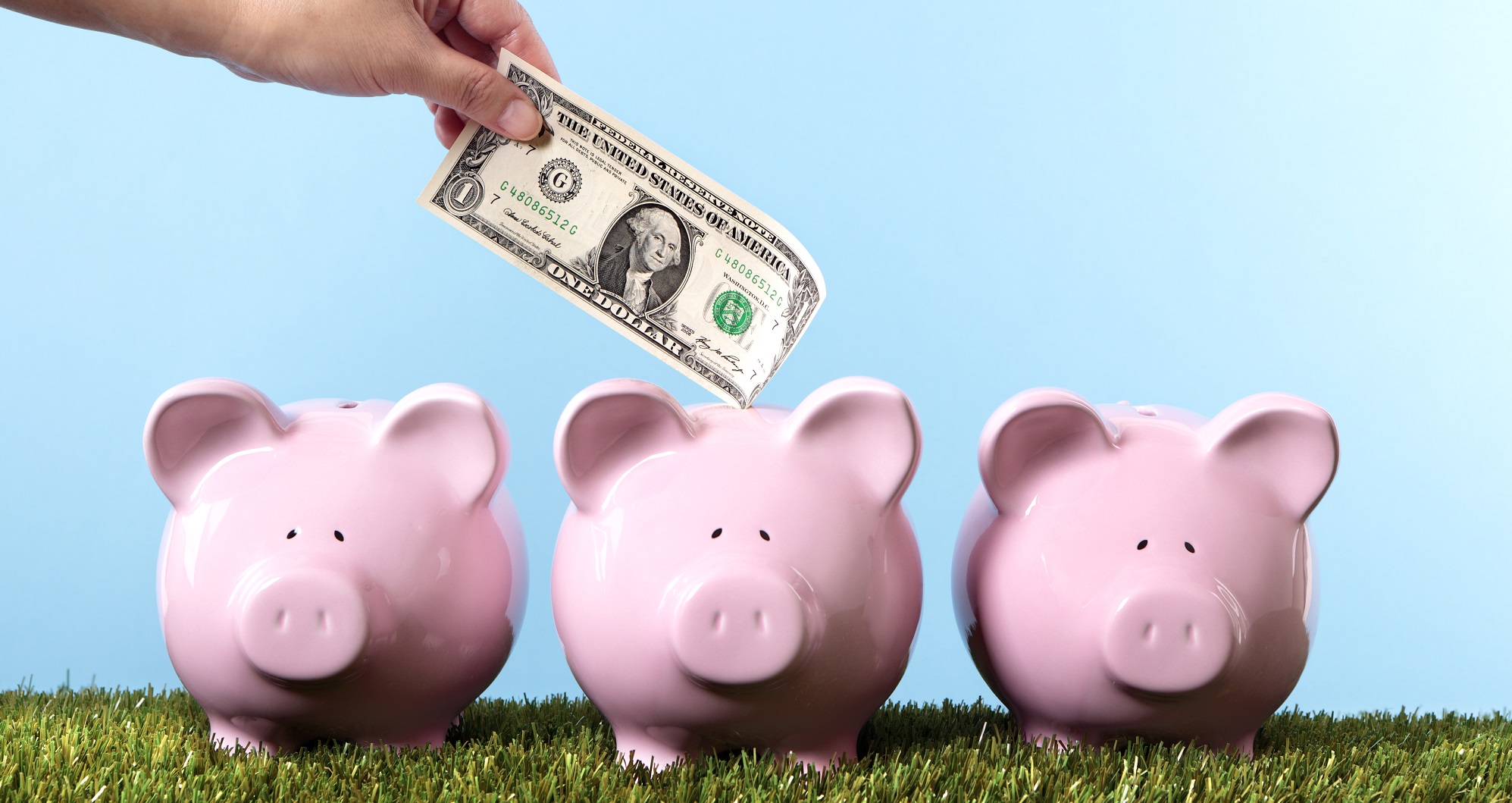The budgeting and saving process to buy a home can seem daunting and scary. However, it doesn’t have to be. Understanding the costs you may encounter allows you to plan your finances and prepare your budget. Here are just a few costs experts say you can expect.
Down Payment
The down payment is the highest upfront cost when buying a home. How much you need to save depends on the type of mortgage you get. For example, with a fixed-rate mortgage, you may be able to put as little as 3% down. But with other types of mortgages, you may need up to 20% down. Mortgage Reports states that: “The idea that you have to put 20% down on a house is a myth. . . . The right amount depends on your current savings and your home buying goals.”
Closing Costs
These are the costs of getting your mortgage, like appraisal and loan origination fees. They can add up to 2% – 5% of your home’s purchase price. Bankrate explains that “Closing costs are the fees you pay when finalizing a real estate transaction, whether you’re refinancing a mortgage or buying a new home. These costs can amount to 2 to 5 percent of the mortgage so it’s important to be financially prepared for this expense.”
Homeowners Insurance
You’ll need to insure your home against fire, theft, and other disasters. The cost of premiums depends on factors like the value of your home, your home’s location, and the amount of protection you want. Homeowner’s Insurance may be around $150 a month.
Property Taxes
These are taxes you pay to your local government based on the value of your home. Property tax rates vary widely from one area to another. In Arizona, the rate is around 0.60%.
Tips to Save
To save money, you need to be aware of your spending habits. Take a look at your monthly expenses and see where you can cut back. For example, if you eat out frequently, you may want to cook more meals at home. Or, if you have a subscription to a gym that you never use, you may wish to cancel it. By cutting back on unnecessary expenses, you can save more money each month.
Create a budget to help you track your spending and ensure that you are saving enough money each month. To do this, list all of your income and expenses for the month. Then, subtract your expenses from your income. The remaining amount is what you have left to save. You can use this method to set aside monthly money for your down payment and other costs associated with buying a home.
Saving for a home doesn’t have to be complicated or scary. By understanding the costs involved and making minor changes to your spending habits, you can save the money you need to make your dream of homeownership a reality.
The information provided should not be relied upon as a substitute for financial, home loan or other professional advice. Please consult your a loan professional.


 Facebook
Facebook
 X
X
 Pinterest
Pinterest
 Copy Link
Copy Link


